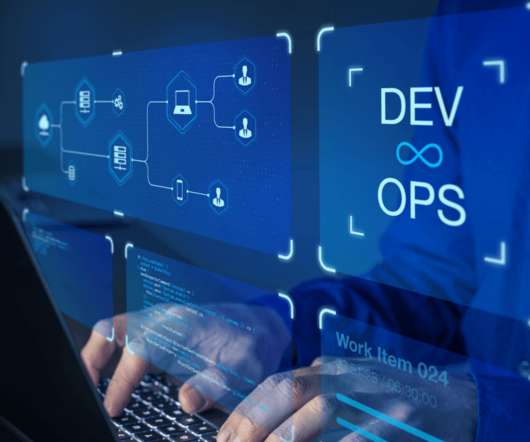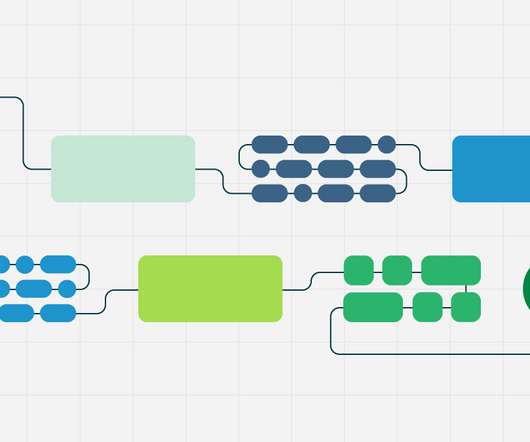DevOps vs. systems administration
Capgemini
JANUARY 27, 2020
Most people are aware of the traditional role of a system administrator. System Administrators provide the computing environment and access to the engineers, enabling them to do their job and move on to the next request. In the System Administrator model, there is a clear separation of duties between IT and Engineering.





























Let's personalize your content